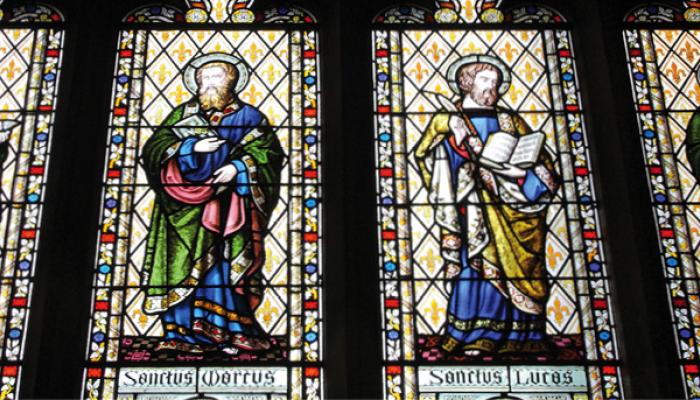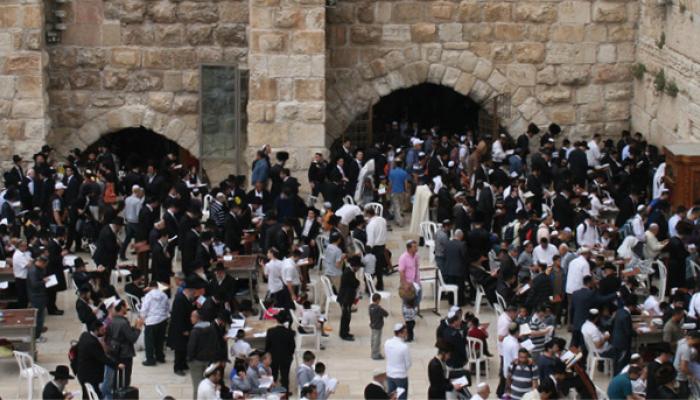
1.18 What are the parts of the New Testament?
The New Testament begins with the Gospels: the narratives of the four evangelists Matthew, Mark, Luke, and John about the life, death and resurrection of Jesus. The second part comprises the Acts of the Apostles, written by the evangelist Luke: this book describes the early history of the Christian Church.
The third part of the New Testament contains 21 letters of Saints Paul, James, Peter, John and Jude. The last part is the Book of Revelation or Apocalypse. In it, John describes his visions of the end of the world, including symbolic depictions of the Last Judgement and the heavenly Jerusalem.
What is the Canon of Scripture?
The Canon of Scripture is the complete list of the sacred writings which the Church has come to recognize through Apostolic Tradition. The Canon consists of 46 books of the Old Testament and 27 of the New. [CCCC 20]
What significance does the New Testament have for Christians?
In the New Testament God’s revelation is completed. The four Gospels according to Matthew, Mark, Luke, and John are the centerpiece of Sacred Scripture and the most precious treasure of the Church. In them the Son of God shows himself as he is and encounters us. In the Acts of the Apostles we learn about the beginnings of the Church and the working of the Holy Spirit. In the letters written by the apostles, all facets of human life are set in the light of Christ. In the Book of Revelation we foresee the end of the ages.
Jesus is everything that God would like to tell us. The entire Old Testament prepares for the Incarnation of God’s Son. All of God’s promises find their fulfillment in Jesus. To be a Christian means to unite oneself ever more deeply with the life of Christ. To do that, one must read and live the Gospels. Madeleine Delbrêl says, “Through his Word God tells us what he is and what he wants; he says it definitively and says it for each individual day. When we hold our Gospel book in our hands, we should reflect that in it dwells the Word that wants to become flesh in us, desires to take hold of us, so that we might begin his life anew in a new place, at a new time, in a new human setting.” [Youcat 18]
The New Testament... presents the paschal mystery as being in accordance with the sacred Scriptures and as their deepest fulfillment. Saint Paul, in the First Letter to the Corinthians, states that Jesus Christ died for our sins “in accordance with the Scriptures” (15:3) and that he rose on the third day “in accordance with the Scriptures” (15:4). The Apostle thus relates the event of the Lord’s death and resurrection to the history of the Old Covenant of God with his people. [Pope Benedict XVI, Verbum Domini, n. 13]





